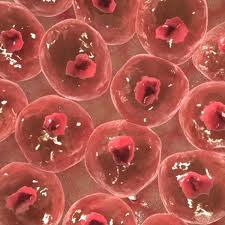It’s all in the blood. Scientists now believe that even at birth, a simple blood test could provide clues to the diseases we will suffer in later life.
 Researchers at London’s King’s College, have found 22 molecules linked to metabolism, called metabolites, that may be key indicators of the risk of disease in later life.
Researchers at London’s King’s College, have found 22 molecules linked to metabolism, called metabolites, that may be key indicators of the risk of disease in later life.
Anti-ageing experts have always promoted the concept of blood tests that reveal how fast a person is ageing.
Study leader Prof Tim Spector, at King’s College London, whose study is published in the International Journal of Epidemiology, said the discovery – based on blood samples donated by 6,000 twins – was “very significant and exciting”.
The test would be able to estimate for how long someone would live and could also be used in forensics.
Scientists said the higher concentrations of the metabolites are found in older people.
“You potentially have a test, not only for how old someone is, but also the rate at which they are ageing,” Prof Spector explained.
One molecule – C-glyTrp – appears to be linked to a number of traits including lung function, bone density, blood pressure bone density and cholesterol levels.
It is also linked to birthweight, which is already seen as significant in determining future health.
“So far, the molecular mechanisms that link low birthweight to health or disease in old age had remained elusive, but this discovery has revealed one of the molecular pathways involved,” Prof Spector said.
Understanding these mechanisms could allow for early intervention therapies.
